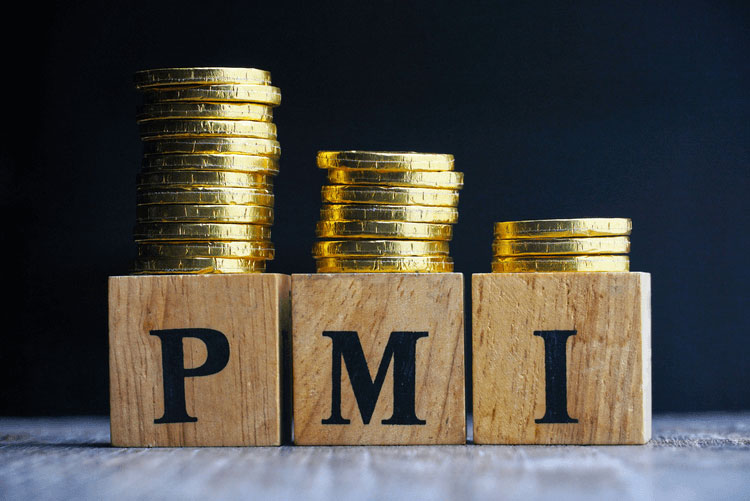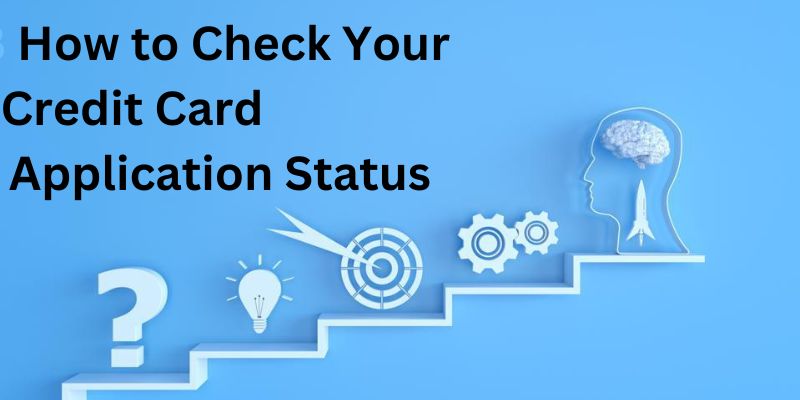What is Private Mortgage Insurance? Mortgage insurance is an insurance policy that protects lenders against the risk of borrowers defaulting on their mortgage repayments. The most common type of mortgage insurance, particularly in Canada, is called private mortgage insurance. Private mortgage insurance was created to allow people with smaller down-payments to purchase homes even if their income is not reported.

How Does Private Mortgage Insurance Work?
Most people who require private mortgage insurance have a lot of debt. In general, lenders will not approve mortgages with debts more significant than 45% of income, or their credit score is significantly below the average. This means that they either need to make a substantial down payment (50% or more) or find a way to lower their debt level.
Private mortgage insurance is one option for borrowers with insufficient credit history, small down payments, or high debt levels. The purpose of private mortgage insurance is to protect lenders against defaults on mortgages made to these borrowers. The borrower pays the insurance premiums, which vary depending on the loan terms. Those who know what is private mortgage insurance know that these are paid monthly along with mortgage payments.
What Are The Benefits?
Lenders who allow people with impaired credit or insufficient down-payments to purchase homes often require private mortgage insurance. Private mortgage insurance is typically required when a home buyers' debt level (combined credit card debt, car loan, student loans, etc.) is higher than 45% of their gross income. This insurance allows these borrowers to achieve homeownership by protecting lenders against any losses that may result from home buyers defaulting on the mortgage agreement terms.
Who Needs PMI, and Can It Be Avoided?
If you get a home loan with less than 20% down, you must have private mortgage insurance or pay off the mortgage with less than 20% equity. This is called "private mortgage insurance." However, certain government-backed loans, including FHA loans, need mortgage insurance. Putting 20% down on a home loan is the simplest and quickest way to avoid PMI. In addition to not having to pay PMI, a substantial down payment can also help you get a better deal on loan or pay less in interest if you understand what is private mortgage insurance.
People say that it's hard to save up 20 percent of the value of your home, but that's not always true. When the average house price in the United States was $295,300 from June 2020, you'd need at least $59,060 to start looking for a house. That may or may not be possible for you based on your finances and lifestyle. People who live in high-cost cities like San Francisco or even New York need at least $200,000 to buy a home. You may not be able to save 20% of your income if home prices in your area are rising faster than you can.
That's why paying PMI isn't always a bad thing if you can afford to do so. PMI can be beneficial if you don't have a lot of money saved up or if it's going to make it impossible for you to afford the home of your dreams.
What Is the Cost of PMI?

Private mortgage insurance premiums vary depending on the lender and the amount you put down on loan. As a proportion of your loan, PMI is charged. It ranges from 0.58 percent to 1.86 percent. The more you borrow, the more PMI you'll have to pay.
The cost of PMI is also affected by how much you owe to how much your home is worth (LTV). This shows how much money you're borrowing in relation to the home's total worth. In general, the less you borrow, the better your LTV is. In the case of a home purchase with a 20 percent down payment, your LTV should be approximately 80 percent. Probably, you'll have to pay PMI unless you reach the 80% mark. If you make a smaller down payment, that means you'll have a lower LTV. The lower your LTV, the more risk the lender takes, which is why the price of PMI often goes up as your LTV goes down.
When it comes to the cost of PMI, your credit score can also play a role. If you have a good credit score, you may get less PMI from your lender. Let's look at how much PMI costs. If you bought a house for $500,000, you only put down $50,000. That means you took out $450,000 in loans. Your lender costs you a PMI of 1%, which comes out to $4,500 a year or $375 a month.
How Do I Pay PMI?
For your lender to set up PMI, it will use its infrastructure of insurance providers to do so. The conditions of the plan, including how much it costs and how long you have to pay it, will be given to you at the end of the deal.
You can select to pay the premium upfront as an aspect of your closing costs, or you can pay it each year until you no longer have to. Roll the premium into your loan, and you can make extra payments on top of your loan payments. Remember that if you break up the payments, though, you'll pay interest upon them, too. Because of this, PMI can cost more than you think.
How Can I Get Rid of PMI?
However, there are also some ways to get rid of PMI if you have to pay it now. The first thing to do is keep paying your mortgage until you have 20% home equity or an LTV of 80%. At that point, the lender must cancel the loan, and you can move on. However, this doesn't happen by itself; you should check with your lender to ensure that PMI is canceled when you meet the requirements.
Another time you don't have to pay PMI is when the value of your home rises and you have over 20% equity in your home. In this case, your LTV can reach 80 percent earlier than you were initially obliged to pay PMI. As long as that happens, I'm happy about it. To get rid of your PMI, you must have your home re-appraised. If you owe under 80% of the new value, it's time to talk to your lender about canceling your PMI. Remember that you have to pay for the costs of having your home revalued in this case.
Conclusion
PMI is a sort of insurance that these lenders need for certain mortgages having high LTV ratios. Lenders usually allow some amount of risk regarding mortgages. However, PMI may assist in minimizing the risk that certain mortgages hold.




